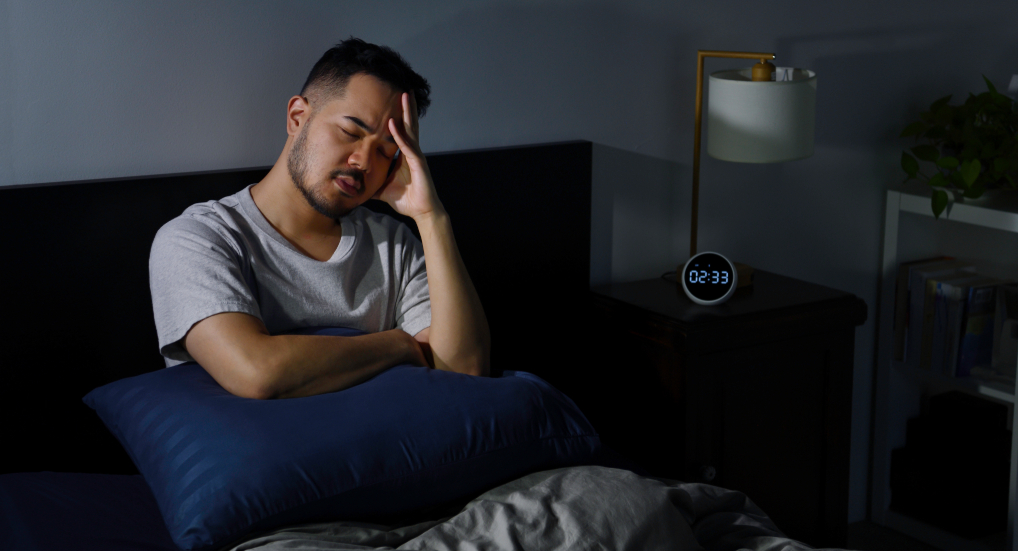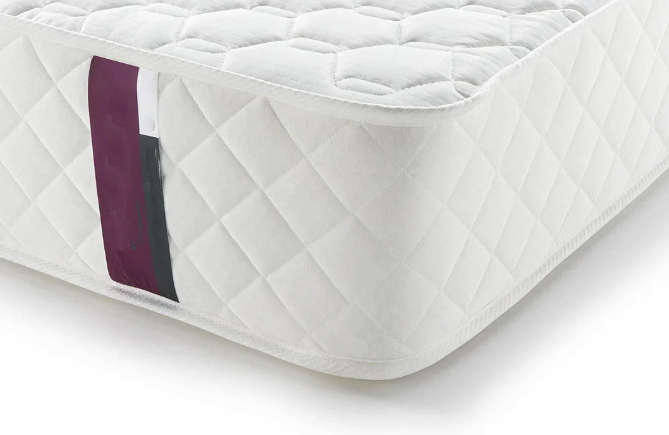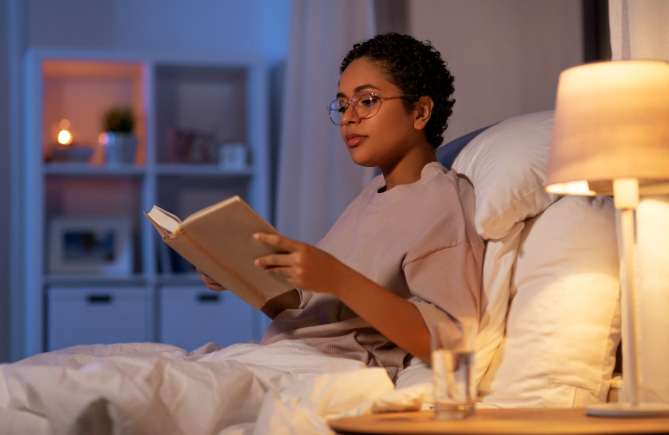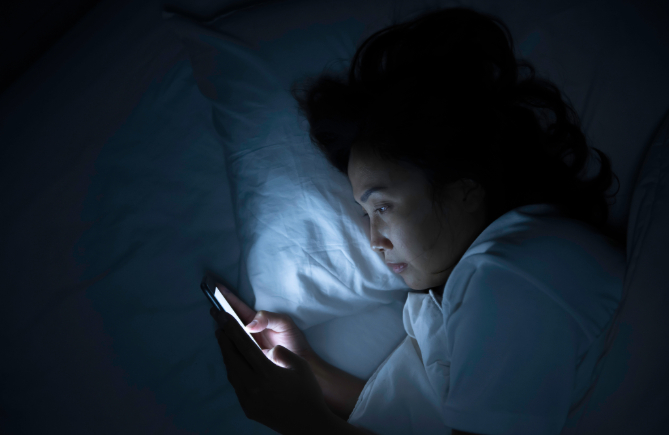- In Stock with Fast, Nationwide Delivery
- All Pine Beds Heavy Duty, Can be Used by Adults
- All Beds In Stock With Fast Delivery
- Buy Direct, No Middleman or Cheap Imports here
Heavy Duty Pine Bunk Beds and Bed Frames in Stock, Made in the UK

It’s 2am, and your mind is racing. Deadlines, to-do lists, that awkward conversation earlier – it’s all playing on repeat, keeping you wide awake. Sound familiar? If this kind of anxiety-sleep cycle is interfering with your sleep, you’re probably feeling drained and miserable.
Many of us experience periods where daily stresses keep us tossing and turning, leaving us feeling even more anxious the next day. This can create a frustrating cycle where sleeplessness fuels anxiety, and anxiety fuels sleeplessness.
The good news is that your sleep routine can have a significant impact on how well you prepare your body and mind for rest. In this blog post, we’ll explore the common causes of anxiety-induced sleeplessness and provide practical strategies to help you break free from the cycle and reclaim those precious hours of rest.
Feeling you’re caught up in an anxiety-sleep cycle can be debilitating, but understanding the root cause can be a powerful first step towards breaking free. While everyone’s experience is unique, several common factors can contribute to anxiety-induced sleeplessness:
Now that we’ve explored some common causes of sleep anxiety, let’s take a look at practical strategies to help you break the cycle and achieve more restful nights.

Before you try anything else, focus on your bed. A supportive and comfortable mattress can make a world of difference. Are you waking up with aches and pains? Is your mattress too firm or too soft? If it’s been a while since you’ve upgraded, it might be time to invest in a new one.
Do you wake up feeling hot and restless? Overheating can disrupt sleep and increase anxiety. The body needs to slightly drop its temperature in preparation for sleep. Consider these tips to create a cooler sleep environment:
Our bodies thrive on consistency. Establish a regular bedtime routine that signals to your brain it’s time to wind down. This could include:

Your bedroom should be a place where you can relax and let go. Make it as conducive to sleep as possible by:
Try to go to bed and wake up around the same time each day, even at the weekend. This helps to regulate your body’s natural sleep-wake cycle, making it easier to fall asleep and wake up feeling refreshed.
Regular exercise can improve sleep quality but avoid vigorous activity close to bedtime. Instead, make sure that you take some physical activity during the day so that your body feels naturally tired by bedtime.
While that evening glass of wine or afternoon coffee might seem harmless, both caffeine and alcohol can linger in your system for hours, disrupting your sleep and potentially fuelling anxiety. Think of it like this – your body needs time to process these substances before you can truly relax and unwind.
To give yourself the best chance at quality sleep, consider setting a “cut-off time” for caffeine and alcohol. You can still enjoy that glass of wine with dinner, but make sure to hydrate well with water throughout the evening. And when it comes to caffeine, try switching to decaf or herbal teas in the afternoon.

While that evening glass of wine or afternoon coffee might seem harmless, both caffeine and alcohol can linger in your system for hours, disrupting your sleep and potentially fuelling anxiety. Think of it like this – your body needs time to process these substances before you can truly relax and unwind.
To give yourself the best chance at quality sleep, consider setting a “cut-off time” for caffeine and alcohol. You can still enjoy that glass of wine with dinner, but make sure to hydrate well with water throughout the evening. And when it comes to caffeine, try switching to decaf or herbal teas in the afternoon.
Here’s how to enable dark mode on most devices:
By reducing screen time in the evening and using features like dark mode, you can create a better environment for sleep and reduce the stimulating effects of technology.
If racing thoughts keep you awake, try to get into the habit of writing them down in a journal, just before you go to bed. This gets them out of your head and onto the page. Then shut them away for the night, telling yourself you’ll deal with them in the morning. This can help clear your mind and reduce the racing anxiety.
If you can’t sleep, don’t fight it. Get up and find a comfortable chair you can sit in to read or listen to music. Keep the lights dim and return to bed once you start yawning.
Hopefully, you’re now equipped with some practical strategies to try in order to break free from the anxiety-sleep cycle. But remember, a comfortable and supportive sleep environment is essential for truly restful nights.
At Strictly Beds & Bunks, we understand the importance of quality sleep. We offer a wide range of bunks, beds, and mattresses designed to promote comfort and relaxation. Whether you’re looking for a supportive mattress to ease aches and pains, or bunk beds to ensure a peaceful night’s sleep for your little ones, we have something for everyone.
Ready to prioritise your sleep and well-being? Visit our website today to explore our collection and find the perfect sleep solution for you.
Sign up for exclusive deals
Receive exclusive voucher codes or product launch details
We won’t bombard you with emails and you can unsubscribe at any time